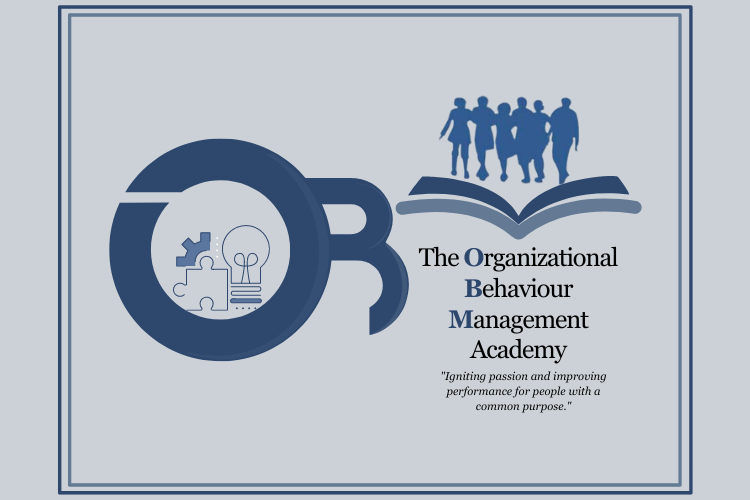Equality and Humanity
International Day for the Elimination of Racial Discrimination
21 March 2024 marks the International Day of International Day for the Elimination of Racial Discrimination. The United Nations Organization promotes the theme, “A Decade of Recognition, Justice, and Development: Implementation of the International Decade for People of African Descent”.
The Atlantic slave trade, also known as the transatlantic slave trade, involved the transportation of enslaved African people to the Americas by European settler-colonizers in the New World, from the 16th to the 19th centuries. Most of the enslaved individuals were from Central and West Africa. The colonial South Atlantic and Caribbean economies heavily relied on labour for the production of sugarcane and other commodities, which was crucial for the Western European states competing to create overseas empires in the late 17th and 18th centuries. However, as the economies led by the setter-colonizers’ grew, side by side with that growth was the racial and racialized discrimination experienced by the African peoples and many peoples of colour in the world.
The experiences of racial discrimination and the intense pain brought by slavery and colonialism destroyed lives and curbed opportunities for equality and equity, causing systemic barriers against the people of colour to enjoy the rights and privileges of being human.
The 2024 International Day for the Elimination of Racial Discrimination theme is aligned with the International Decade for People of African Descent, which spans the timeframe from 2015 to 2024. This theme recognizes and promotes advocacy to support the promotion and protection of the human rights of African peoples.
The UN and many organizations around the world constantly promote the principle of equality, reiterating that all people are born with freedom and dignity and given meritocratic opportunities, have the potential to contribute to society. On a global scale, there is an obligation to promote equality and equity and not be complicit in discrimination, which happens both in the public and private spheres.
What intentional behaviours can promote the eradication of racial discrimination? Some of them are recognizing and reducing our own biases, understanding the racial experiences of People of Colour, developing ways to intervene against behaviours that lead to racial prejudice, reinforcing appropriate behaviours that address and resolve racial bias, and creating personal and organizational mechanisms to reduce racial discrimination and bias. These are just some ideas, and we think that community-wide interventions ought to be powerful as we transcend the culture of racial discrimination and other forms of discrimination.
